I think we need to get real real for a sec. Like real real!
Let’s be honest – weight loss starts with one thing: the decision to do it (the mental readiness for change). After that, it may be argued that how you move your body and what you feed your face are close second contenders on the hierarchy of success. Would you agree or disagree?
Well, a lot of success stories on the weight-loss train suggest otherwise. In order to get healthy and drop excess weight, the equation between nutrition/fitness is believed to be about 80%/20%. Results happen in the kitchen, with additional nice-to-have results in the gym. Whether this split is accurate, inaccurate or indifferent, there needs to be some focus on what we are putting in our mouths and not just about our best 5K time or lifting a heavy piece of iron.
YOU NEED TO KNOW WHAT YOU ARE EATING.
Period. Full Stop.
“But I don’t believe in counting calories.” Ok – there may be other ways of doing what we’re doing, but in realty, until you know what you are eating, it’s very difficult to determine the equation of food in vs. energy expended.
When I started my weight loss, I was working with someone with whom I trusted greatly. With this trust, came blind following at times, both with my training and my nutrition. I was encouraged that eating ‘intuitively’ was the way to go and counting calories was not necessary. Now, any of you food addicts know that this is like telling a New Kids on the Block fanatic that the boys are coming to your hometown, and you can’t buy a ticket to their concert. Not possible.
I believed the philosophy and I followed the prescribed diet and I saw change, but it was SLOW. Very slow. I attribute that change to cutting out most refined carbs, sugar and focussing on including more veggies and a little fruit. It has been a full year of ‘finding myself’ and for the very first time in my life, I am now counting calories. And guess what? Tracking and having a form of accountability works. I don’t know why exactly as I got a C in Psychology, but tracking, measuring and having a plan has shown success.
The purpose of this post today is to let you know success comes in tracking your food – however that looks. On a piece of paper, in an App, through Points, through pre-set meals, through whatever. It does work. And may be necessary for a number of other reasons: how our workouts call for more fuel, patterns of eating, emotional triggers, ups and downs in mood and really, just about everything. You can’t manage what you don’t measure.
Don’t believe me? Well, read on… I believe we are all experts in what we have experienced. I am new at this (admittedly). But many around me have been doing it for a long time, so I called upon a few #scalewarriors to share in their own success.
Tracking for Success – A Retrospective Look
“Tracking my food and exercise keeps me honest and accountable. When I see my daily food intake and my daily exercise output in black and white there is no denying what I have consumed and what I have burned. I track all food, no matter if it means I have gone over my daily allowance and no matter if the food was not a healthy choice. Looking back on tracking long term allows me to see patterns in my eating habits and weight loss/gain. In the past, I have used pen and paper tracking, the Weight Watchers app and am currently using the Lose It app. Tracking takes less than one minute per meal/snack/activity. So, in total, for the day, I can track on the app in about 5 to 10 minutes. That is not a big time committment in order to ensure that I am being accountable to myself. When I signed up for the Lose It app, I had to enter my age, height, weight, and gender. It allows me to track my calories, protein, fat, and carbohydrates. I can also track my exercise. There is also a social component to this app that allows a user to connect with other users, accept challenges and encouragement. I think that other apps offer the same type of connectivity.” TM
“I have found much success in tracking of my food intake (not so much with macros but only because I am a food addict and I haven’t mastered the art of moderation yet). I’ve used two separate methods of tracking that I recommend; SparkPeople (which is what I used when I started and used for the entire 140+ lbs I lost) and MyFitnessPal (which I use now simply because it is a better app than SparkPeople for my iPhone). I also feel SparkPeople is great for people new to the health and wellness game (lots of great articles and suggestions on how to make a healthy lifestyle fit into your life). The times when I have gained weight or regained lost weight is when I thought, “Alright, I’m good with this. I can do this on my own now,” and stopped tracking my intake. At first, I still mentally would add up all the food but over time, those BLTs (bites, licks, tastes) while cooking would creep in and then before I knew it, I was eating close to 300-400 more calories a day than was necessary and it was going untracked. Aside from just accountability, food tracking is data logged over time. Data logged over time can provide a heck of a lot more feedback that memory just cannot. If I track and track honestly, I can go back over the past few months and see, “Oh yea, I went out to eat a lot last month. THAT’S why I am not losing weight.” It just helps me to not only collect data but also use the data to figure out what’s and the why’s when I hit a roadblock. ” JH
“Tracking my caloric intake and doing it honestly is what has helped me in successfully taking off over 70 pounds. Paying attention to what is taken into the body and using the appropriate serving size WILL be your key to weight loss success. Adding exercise to your daily routine, not only makes you feel better, but it allows you more of an opportunity to eat.” CG
“In my opinion, counting calories isn’t the just best path to long term, sustainable weight loss, it’s the only path. First of all, every diet plan utilizes calories counting in some way. Most of them just hide it, whether it’s hidden in the form of points, or carb counts, or fat counts, they all represent calories. However, the one thing that calorie counting has above all these is one aspect: flexibility. You can lose weight counting calories going only to fast food restaurants (not that I recommend that), eating low carb, or low fat, or whatever other diet choice you enjoy. However, you can count calories easily on long cross country trips where other diets might not be able to accommodate that. It is a flexible, powerful, scientifically backed way to lose weight. Without the control I have over calorie counting, I don’t think I would have lost the weight.” DJ
“If you have ever heard the phrase ‘you can’t out-exercise a bad diet’, it’s true. Counting calories and my macronutrients (the amount of carbs, protein, and fat consumed daily) is why I lost weight. Sure, exercise helps – a lot – but you can’t make up for chronic over eating by exercising. Besides, thinking like that (exercise = punishing your body for the food you ate) is the start of disordered thinking. When you understand how much food (calories in) is optimal to fuel your body, your hormones and metabolism will stay at healthy levels, and you will have the energy to kill your workouts (calories out). By counting calories you ensure you are not eating too much, but equally as important, that you are not eating too little.” MJ
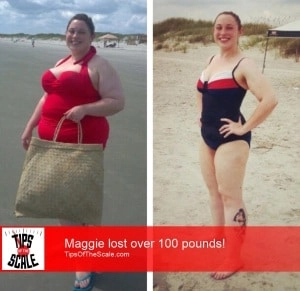
And a little quote from a contact of our very own, Sam, around the importance of a scale in the kitchen:
“Sam: I’ve found that, like MOST other people, if I try to estimate what I’m eating or to “eyeball” it at meals/restaurants, that I’ll underestimate how much I’m consuming. Over half the members of the NWCR (nat’l weight control registry is 10K people who have successfully kept off their weight for 5+ years) track their intake daily.
The discrepancy has been confirmed over and over again in study after study: people consistently under-estimate their intake if they don’t track it. The average variance?: THIRTY PERCENT. (1)
My kitchen scale has quite literally changed my dietary life.”
I hope this has shed some light on the importance of tracking. You are your own biggest and most important project. With any big-ass investment, project-management, time, planning, and tracking are all important to see YOU to the end. And the biggest bonus at the end of this – a healthier, more knowledgeable you!
I have found an amazing sense of power in knowing; just knowing. It has re-shaped how I eat, fuel and plan. I would love to know what system has worked for you!
~A
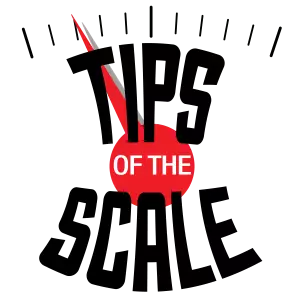

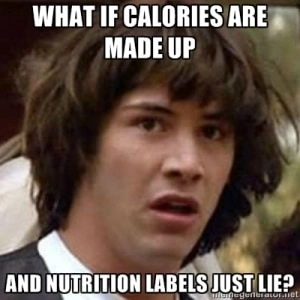
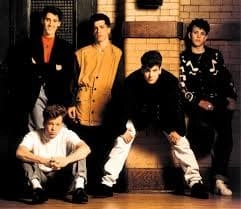
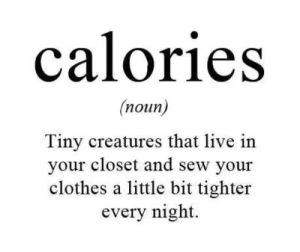
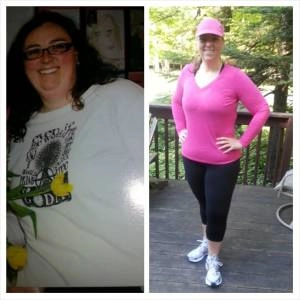
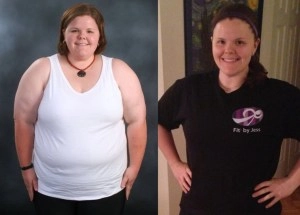
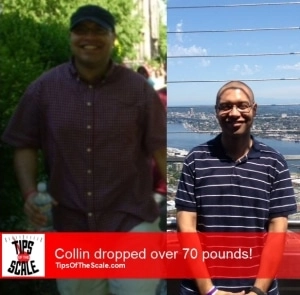

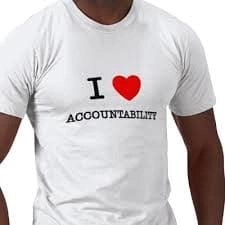
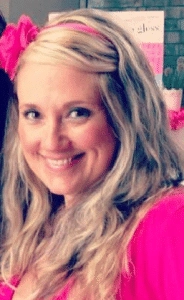 Adina is an ex-corporate HR Manager with a new-found interest in helping other women move their bodies, create a healthy relationship with food and discover the amazing power of their minds to change their lives. As a certified personal training specialist, she continues to learn and educate in the field of physical fitness. She regularly blogs at
Adina is an ex-corporate HR Manager with a new-found interest in helping other women move their bodies, create a healthy relationship with food and discover the amazing power of their minds to change their lives. As a certified personal training specialist, she continues to learn and educate in the field of physical fitness. She regularly blogs at 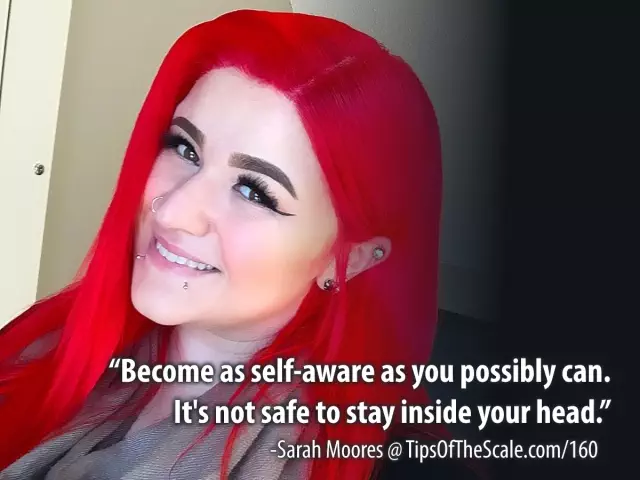
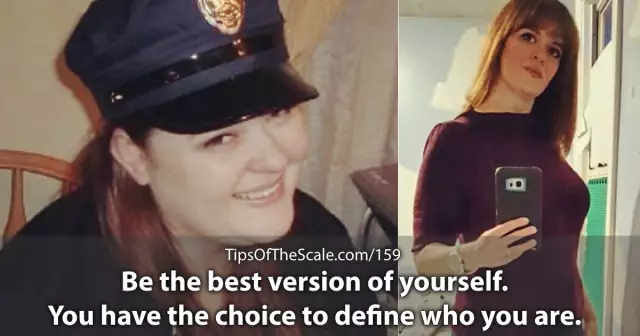

You must be logged in to view comments.